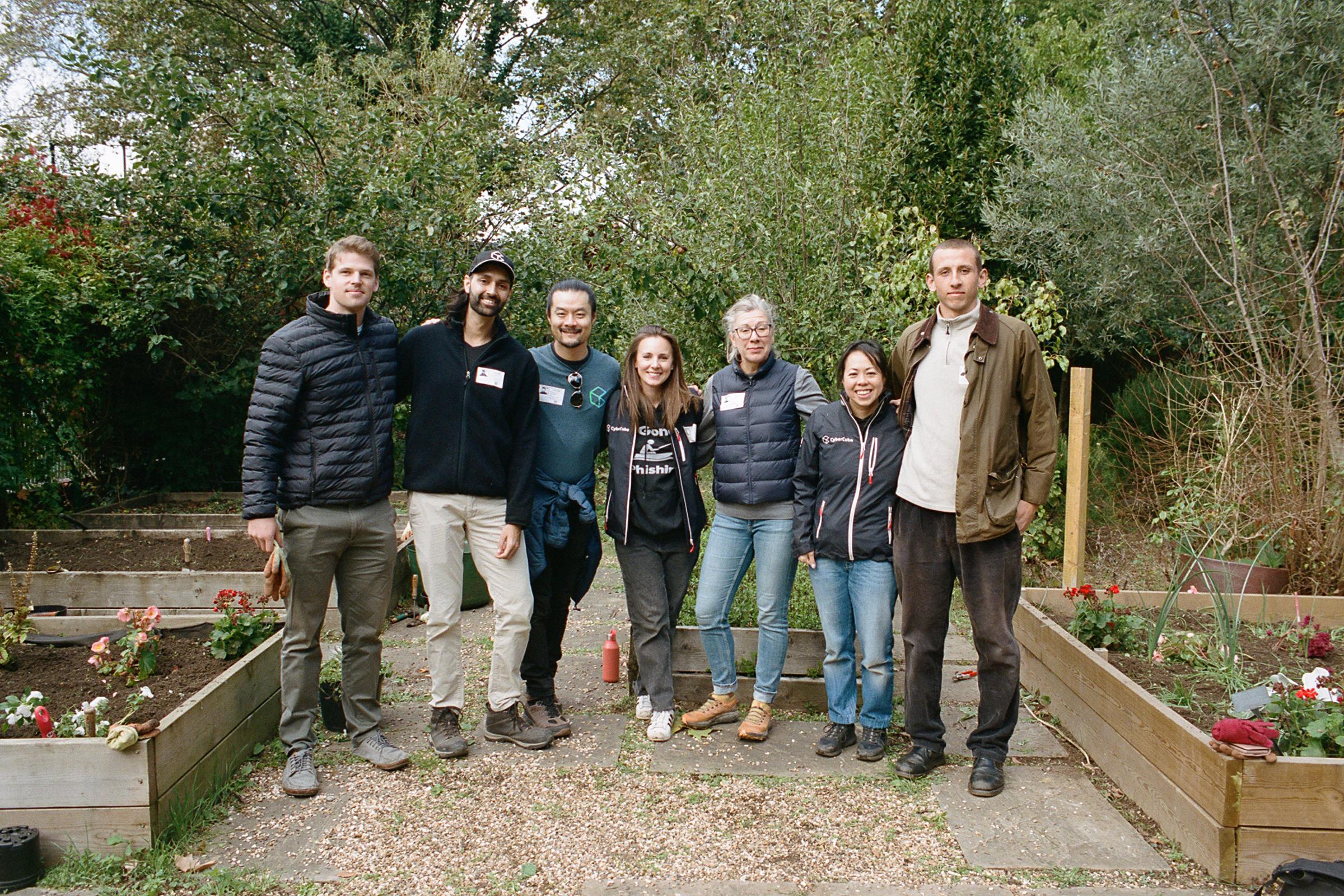Report
Race and ethnicity
Housing
The housing and neighbourhood impact of Britain's changing ethnic mix
This round-up summarises evidence on the nature and impact of Britain's changing ethnic mix and reviews recent policy responses and lessons for Government policy.
Summary
Housing pressures in British cities partly result from the net migration of people to Britain over the past ten years. Immigration has also changed the nature of minority ethnic communities, while long-established minority ethnic communities are changing with successive generations. What does recent research tell us about the nature of these changes, and their impact on policy and practice in housing and neighbourhood renewal?
This paper:
- summarises evidence, largely from Joseph Rowntree Foundation funded studies, on the nature and impact of Britain’s changing ethnic mix
- reviews recent policy responses and lessons from the studies for Government policy
Key points
- Whilst the ‘super-diversity’ resulting from recent migration presents new policy and practice challenges, the nature of long-established communities is also changing. Some are experiencing new forms of discrimination, while others fulfil aspirations that are very similar to those of equivalent white communities.
- Government policy has adapted to some recent changes. If it is to continue to be evidence-based, it needs to take account of findings from new research (such as these studies).
- Housing is critical to the welfare and integration of new migrants. Most migrants live in the private rented sector with many enduring poor or insecure accommodation. Policy has not responded to these poor conditions and their wider impact on neighbourhoods. It has in fact shifted away from a ‘neighbourhood’ focus in community cohesion work.
- Policy should recognise that two groups in particular – asylum seekers/ refugees and many Muslim people – feel discriminated against. A radical change of language and policy is needed at central Government level to address this.
- Policy on funding of minority groups should recognise the need for services targeted at new migrants and for work targeted at isolated groups within longer-established communities. There is also a need for targeted community development work in many ‘white’ communities.
- Policy should treat with caution ideas about ‘social capital’ (see page 11) developed from experience in the United States. In particular, the argument that social capital is lower in more diverse communities is not supported by the studies reviewed here.
- Further investigation is needed of ‘what works’ in creating more cohesive communities, and why some communities are more cohesive than others.
Downloads

This report is part of the race and ethnicity topic.
Find out more about our work in this area.